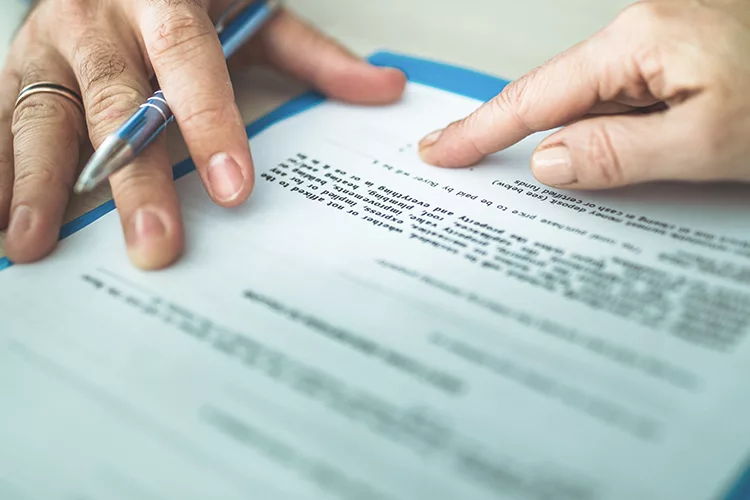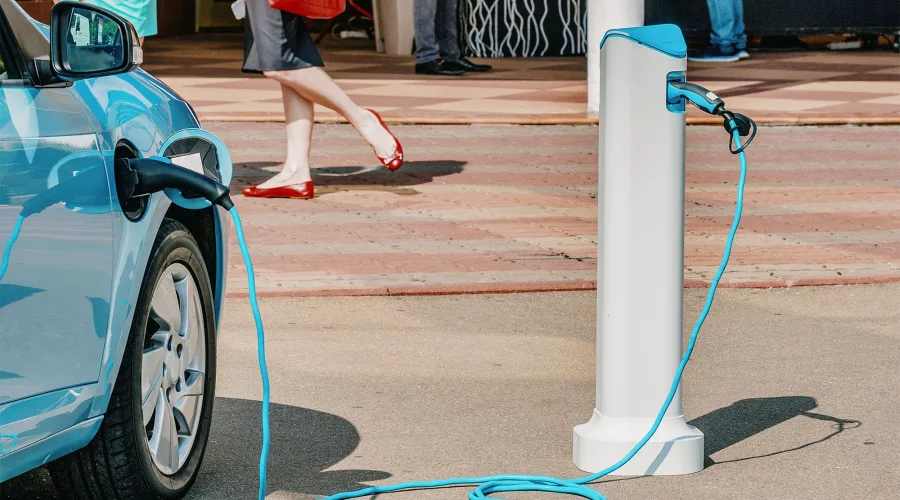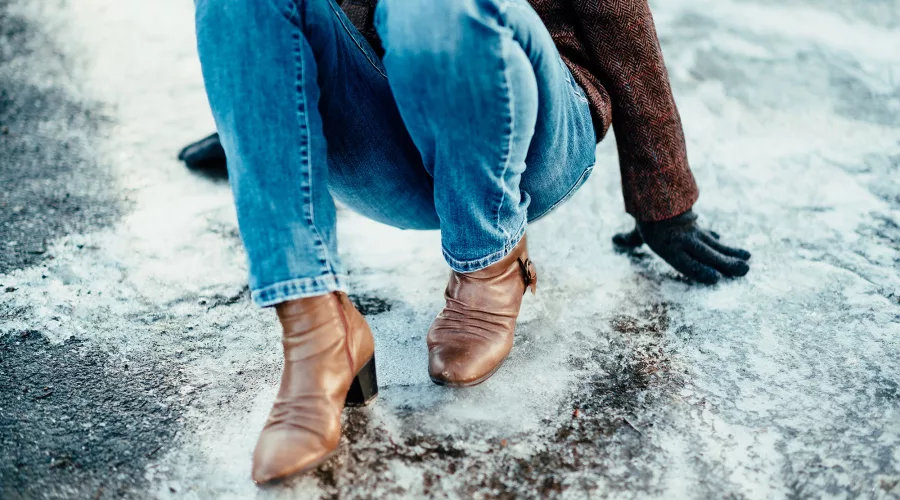When a person suffers an injury due to the negligence or fault of another party, they may be entitled to seek compensation for different losses they have suffered, with a view to making you whole. This compensation can include any loss in wages or income.
Understanding Past Wage Loss Claims
Wage loss claims relate to the income a person loses as a direct result of their injury. This loss can arise from the inability to work due to medical disability, working reduced hours, missing out on over-time that you otherwise would have taken, or the need to change jobs to a lower-paying job due to limitations relating to your injury.
Sometimes a wage loss claim can be as straightforward as looking at what you earned previously and looking at what you were able to earn after your accident. In other cases where an individual is self-employed or has a … Continue reading




